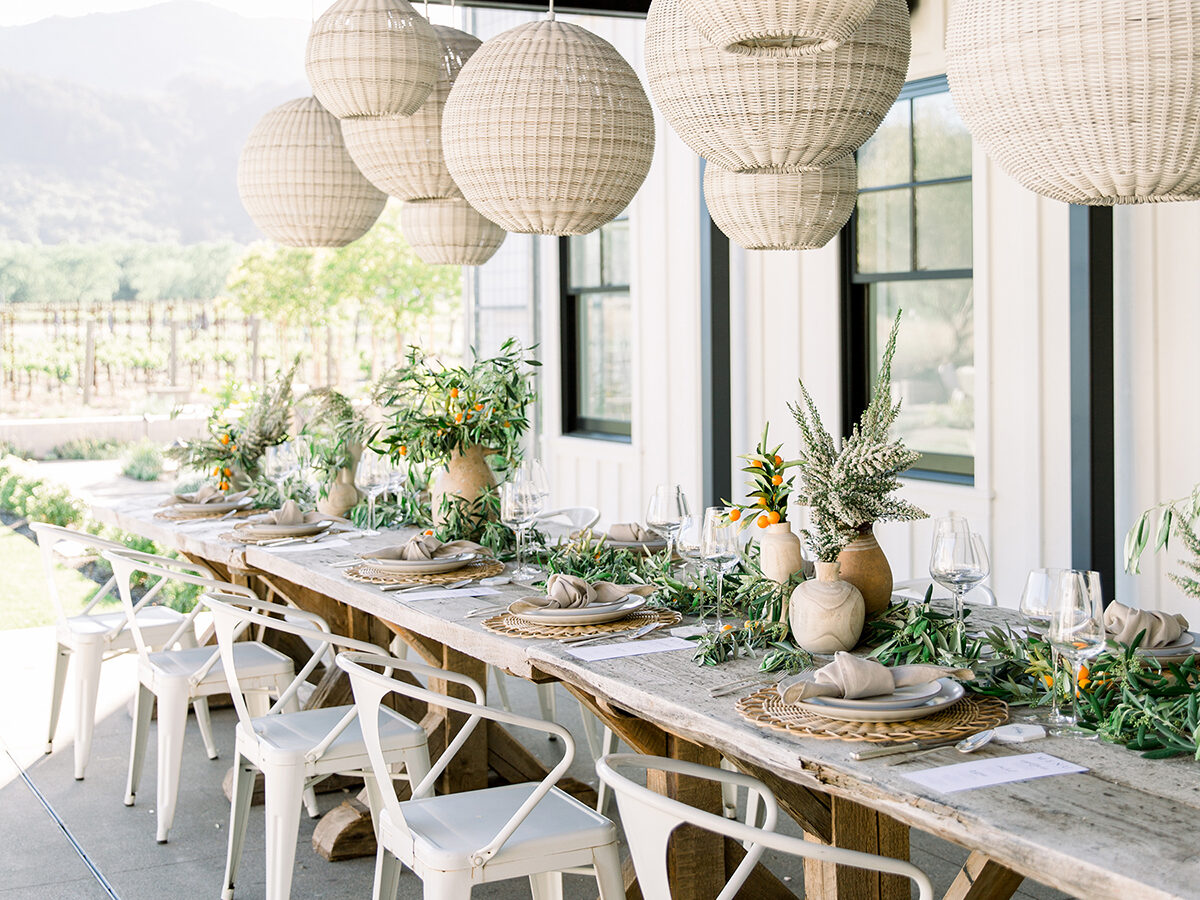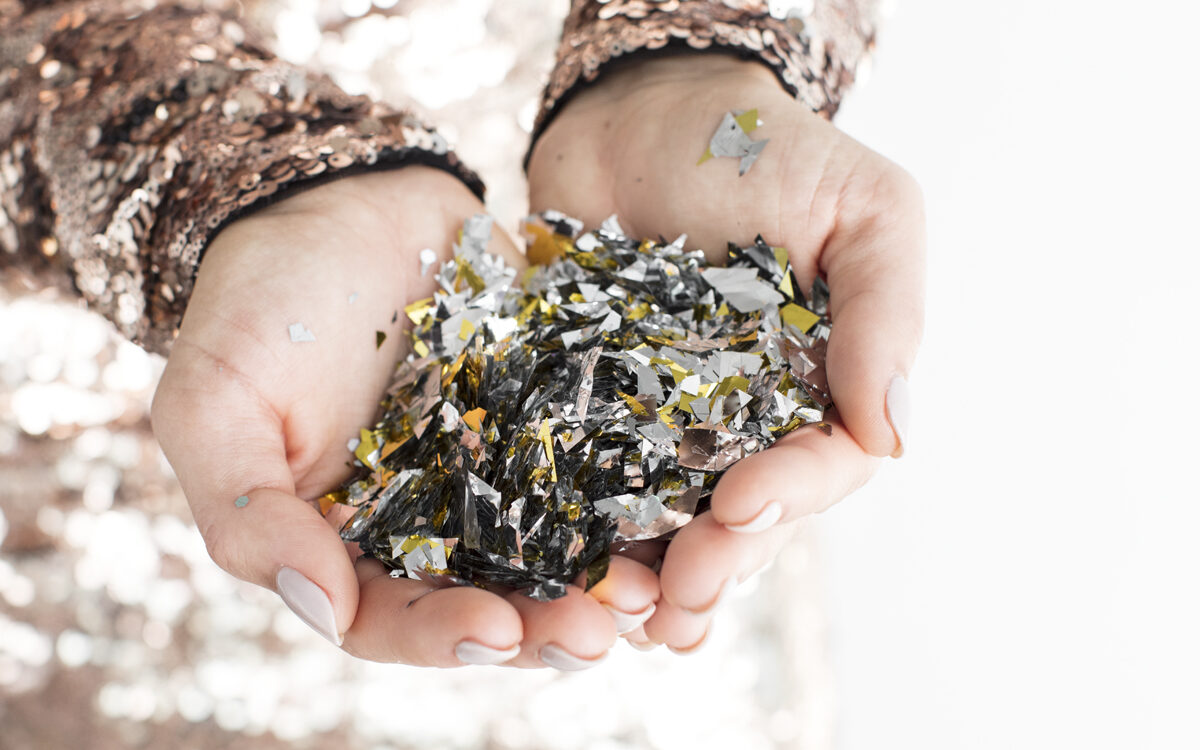
Are you struggling to figure out the best time to start marketing your event?
I’m willing to bet you’ve tried different strategies, but aren’t sure when you should kick off promotions to attract the right attendees.
It’s tricky trying to balance actually planning your event with getting the word out far enough in advance. Do it too late, and you won’t draw a crowd. Too early, and momentum can fade.
Don’t worry! You’re not alone.
One of the biggest challenges creative entrepreneurs face is finding the balance between planning their event and promoting it at the optimal time.
It’s hard to know when to shift focus from logistics to marketing so you can drive ticket sales and attendance.
Speaking from experience, a successful event takes immersion and dedication. And timing your promotions just right is key!
So when is the best time to start marketing your creative event? Should you begin promotions months in advance? Weeks before? Days leading up to it?
Keep reading for the pros and cons of each approach…
Marketing Your Event Months in Advance

Starting promotions early is crucial. We’re talking 6-12 months in advance. I say this all the time, but as soon as you’ve decided you’re hosting an event, start talking about it.
Marketing your art exhibition this far out has multiple benefits:
Time to gradually build buzz and grow early ticket sales over many months
Opportunity to secure sponsorships, art vendors, food & beverage partners, and venue who can all help promote
Allows you to develop videos, social media graphics, email templates, and other creative assets to use in your marketing campaigns
The key is spacing out your promotions strategically over an extended timeframe. Don’t just blast everything out all at once.
For an art exhibition in November, you could:
- January: Share initial save-the-date announcements
- April: Release details on featured artists and begin email collection
- June: Offer early bird pricing for the first 100 tickets
- Summer: Promote sponsor and vendor partner announcements
- September: Build excitement with video tours and BTS of the exhibition space
- October: Share reminders and exclusive content for email subscribers
- Leading up to the event: Send last chance messaging and giveaways on social media
This approach drips out content over time to generate consistent buzz and anticipation. The closer it gets, the more you increase marketing activity to drive those last minute ticket sales!
You may be interested in my FREE Event Marketing Blueprint. It has everything you need to plan and execute a solid event marketing plan to promote the heck out of your next event.
Click here to download your FREE blueprint now
Marketing Your Event Weeks Before

If you’re hosting a smaller creative workshop or pop-up, starting promotions 4-8 weeks out can work.
At this point, your event plans should be mostly finalized so you can confidently announce details like pricing, location, schedule, special guests, etc.
You’ll have enough time to spread the word through multiple channels like email, social media, and local listings. But don’t wait too long where you’re scrambling to promote at the last minute.
Create an event page on your website with all the key details. Share some behind-the-scenes photos on Instagram leading up to the event. Send a series of emails announcing the workshop and highlighting different benefits of attending.
The month before your event is when momentum and excitement should really build. Tap into that anticipation with your marketing. Offer early bird pricing to incentive sign-ups and share testimonials from past events to build trust.
Related post: What Does it Take to Create an Event Marketing Strategy on a Small Budget?
Messaging in the Final Week & Days Before Your Event
After you’ve spent months promoting your creative event, the messaging changes as it gets closer.
1-2 weeks beforehand — Pivot your focus to driving urgency with:
- Email reminders recapping event details and highlighting limited capacity
- Social media posts with “Last chance to sign up!” type messaging
- Special discount or giveaway offers to incentivize last minute sign-ups
- Text message follow-ups to contacts who haven’t yet purchased tickets
72 hours — Update your messaging to build excitement with:
- Emails recapping the event schedule and start time
- Social media posts showcasing preparations, like stage setup and venue decor
- Share behind-the-scenes photos of rehearsals and sneak peeks
- Spotlight special guests and refresh attendees on activities/performances
48 hours, update your messaging to build excitement with:
- Emails recapping start time, venue location, and schedule
- Social media posts showcasing preparations like stage setup and decor
- Share behind-the-scenes photos of rehearsals and sneak peeks
Final 24 hours before go time — hype it up with:
- Spotlight your speakers, performers, and special guests
- Share fun messaging like “The big day is almost here!” and “We can’t wait to see you!”
- Give attendees instructions on parking, entrance lines, etc.
Keep the messaging positive and upbeat right up until showtime, highlighting the exclusivity and benefits!
Ultimately, There’s no one-size-fits-all!
Ultimately, the best time to start marketing your creative event depends on the size and scope. But you generally want to begin promoting at least 2-4 months in advance.
For large exhibitions or conferences, aim to kick off promotions 6-12 months ahead of time to gradually build awareness and ticket sales.
For medium workshops or performances, announce details 4-8 weeks out when plans are finalized.
Even for small gatherings, give people 2-4 weeks notice to get excited and make arrangements.
Once you’ve started promotions months before, focus your messaging strategically leading up to the event:
- 1-2 weeks out, drive urgency with discounts and reminders.
- In the final 48 hours, build excitement by showcasing preparations.
- And in the last 24 hours, keep the messaging fun and upbeat!
The key is knowing your audience and pacing your marketing so you generate interest at each stage of the buyer’s journey. Don’t wait until the last minute!
If you’re unsure about where to start with marketing your next event, I created a FREE Event Marketing Blueprint.
It has everything you need to promote your event like crazy and drive an incredible turnout!